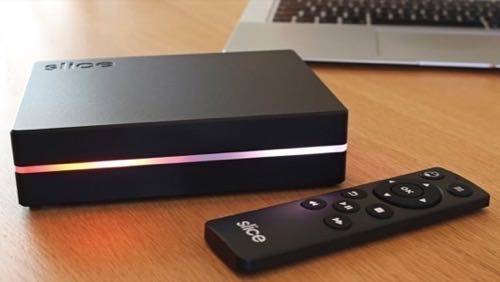Businesses and startups can now get their hands on customized, mass-produced versions of the Raspberry Pi, thanks to a new deal from manufacturing partner Element14. Whether for small Kickstarter projects or large industrial applications, interested parties can mod their Pi before buying it.
Find the board to large for your IoT sensor? Shrink it down. Don’t need the integrated wireless functionality? Strip it out and save on costs. Want to add extra ports for video output? Sure thing. It dramatically expands the scope of what the Pi can do and marks its graduation from amateur enthusiast toy to major player in the hardware world.
“We will support you every step of the way during the design process,” explains the Element14 announcement. “From concept right through to the manufacture of the final boards; enabling the Raspberry Pi to be optimized to suit your specific applications.”
Since launching in 2012 as a base unit to get children interested in coding, some 7 million units have been sold—not bad for an educational project. The most recent version of the Pi launched in February.
“As the Raspberry Pi customer base is so diverse, and touches on so many different segments, we have recognized [OEM, or original equipment manufacturer] requests to customize the Pi to fit their specific requirements,” said Raspberry Pi’s Claire Doyle at a press conference to announce the new offering.
Design And Engineering

Over 200 staff from two recent Element14 company acquisitions, Avid and Embest, will be providing the mechanical engineering know-how and production facilities to help fulfill orders. A four-step process—inquiry, consultation, proposal, completion—is required for each bespoke board order.
And while the likes of Samsung and Philips may not bang down Element14’s doors, smaller startups and emerging firms may be interested in what the new made-to-order service can provide.
The Pi already offered a head start for hardware makers, and it’s poised to become even more useful from here on in: From media players to wildlife cams, the Pi has been used as part of numerous Kickstarter projects over the last three years.
Starting today, customers can talk to Element14 about reconfiguring the Pi’s board layout, incorporating additional functionality onto the PCB, adding or removing headers and connectors, adding or removing interfaces, and changing the configuration of the board as a whole.
“We’re aware there’s been an enormous amount of interest in this program in the few months we’ve been talking about it,” Raspberry Pi inventor Eben Upton said at the launch event. “We know there is interest out there in the market … we’re really looking forward to finding out what sorts of things people do with it.”
No firm details were provided about costs and lead times—both depend on the requested modifications and number of units ordered, according to Element14’s Richard Curtin.
Images courtesy of Raspberry Pi and Slice

















